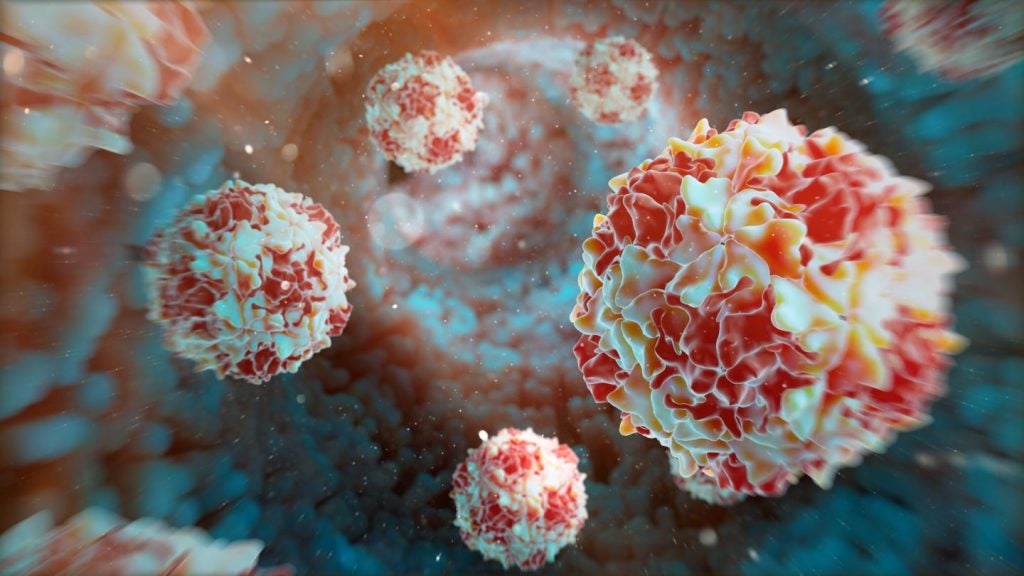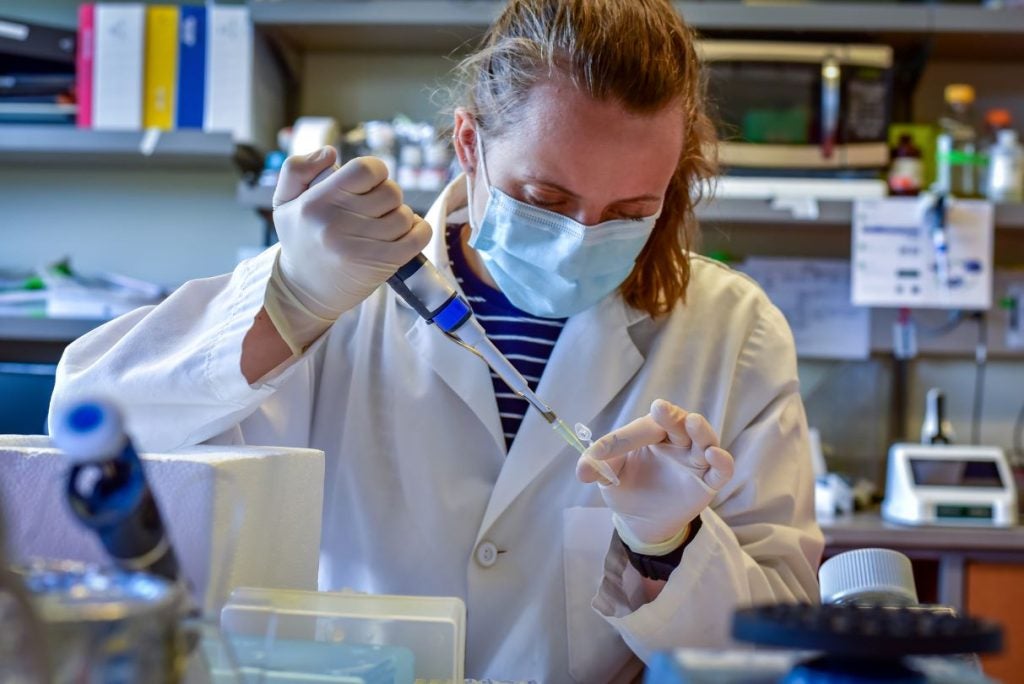Researchers at the University of Birmingham have developed antibody fragments, called nanobodies, in a bid to understand platelet disorders such as thrombosis.
The team at the Institute of Cardiovascular Sciences has been able to produce the first binding molecules of defined composition to make platelets clump together in a predictable way.
The institute aims to use these nanobodies to develop validated clinical assays for testing patients with platelet disorders such as bleeding or thrombosis, as well as use them as a research tool to study platelet activation.
The institute’s work is set to be published in the Journal of Thrombosis and Haemostasis later this week (12 October.)
In previous studies carried out by the Birmingham Platelet Group, Professor Steve Watson and Dr Natalie Poulter used novel nanobodies the team had raised to bind to the GPVI (Glycoprotein VI) receptor. This receptor plays a role in thrombosis but only has minor involvement in haemostasis.
Watson said: “We are entering an exciting period in thrombosis research. Reagents based on nanobodies will increase our understanding of platelet activation in the laboratory. Although nanobodies have a short half-life in vivo, this could be counteracted by linkage to larger inert molecules and yield novel therapeutics for blood and thrombotic disorders.”
In another previous study, the researchers were also able to demonstrate that there is a relationship between cluster formation and thrombus size.















